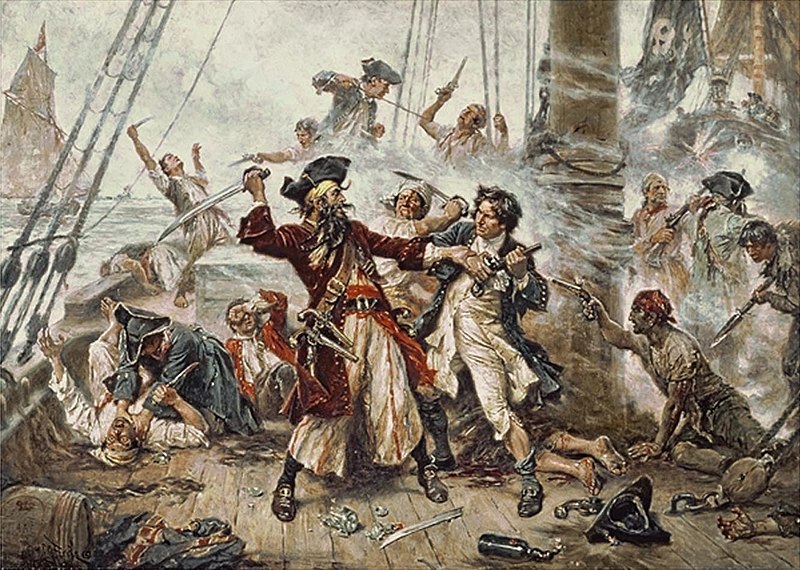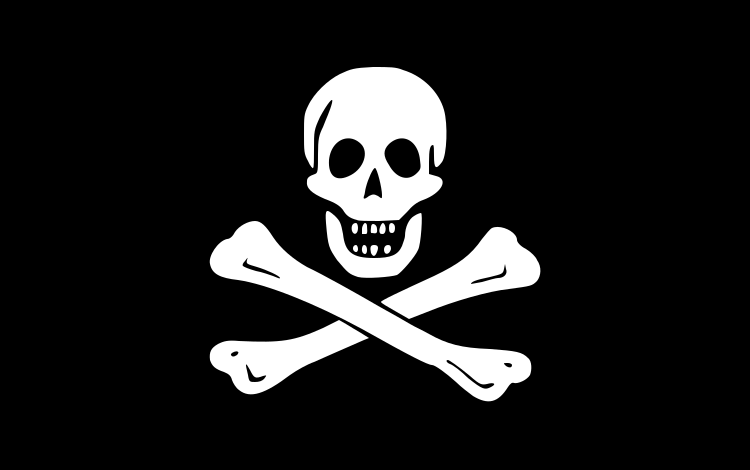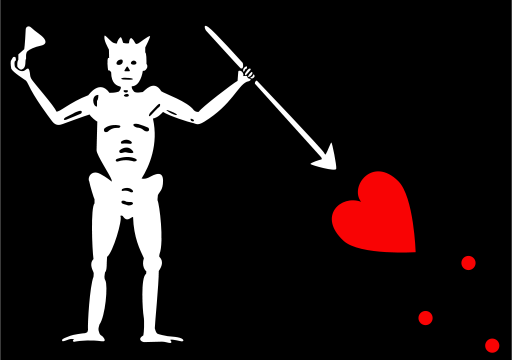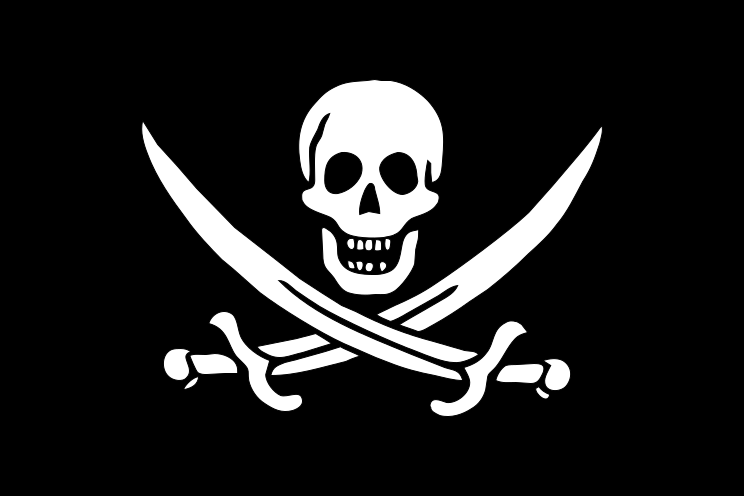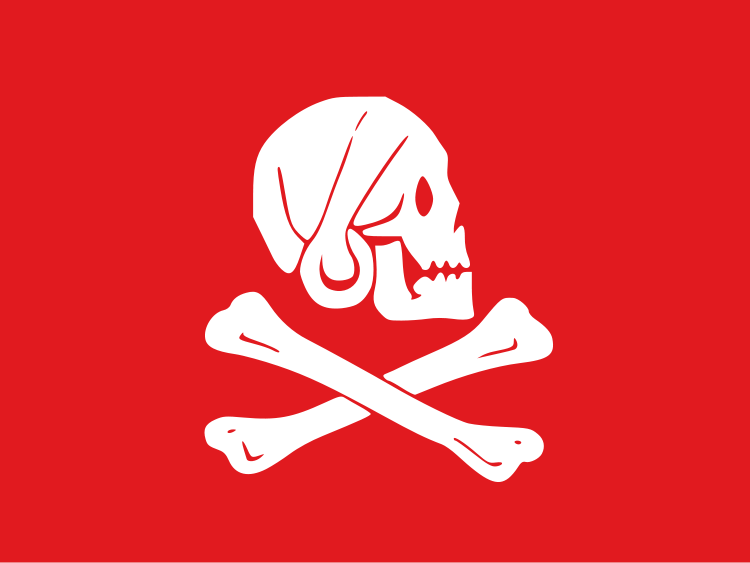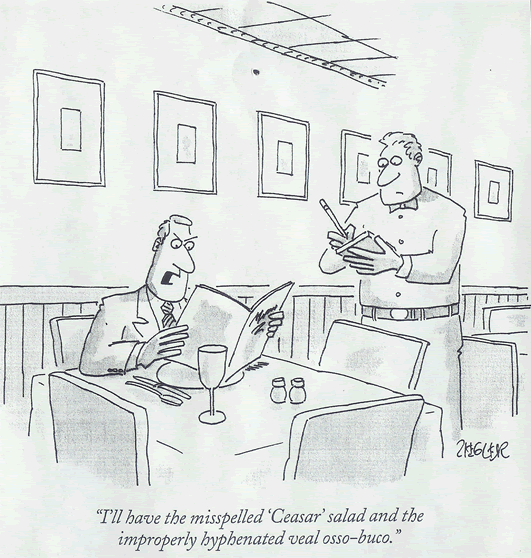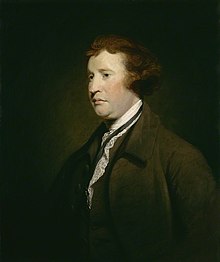
On September 11, 2001, 19 extremists affiliated with the terrorist organization al-Qaeda hijacked four commercial jetliners and conducted a coordinated attack on New York City and Washington, D.C. The attacks resulted in nearly 3,000 immediate deaths, including 246 passengers and crew on the four planes, 2,606 in New York City (in the Twin Towers and on the ground) and 125 at the Pentagon in Washington. In the years following this horrible tragedy, we have all been urged remember 9/11 upon each successive September 11. But as time goes by and historical memory continually twists and turns, it's equally important to reflect on how passage of time has changed our view of the calamity while enriching our 'memories' with additional viewpoints and information unavailable to us at the time.
 |
| Not the sort of thing one simply forgets. |
It is said that everybody old enough to be aware of world events on September 11, 2001 (and presumably living in a connected part of the world) remembers exactly where they were when the earth-shattering events of that day took place. In my case, I not only remember the day as vividly as it were yesterday, but I can also trace much of my current passion for writing and communication back to that dark morning in September. September 11 changed everybody in some way. In my case, it heightened my awareness of the dangers of ideological inflexibility, the value of clear and concise communication and the importance of lucid, informed and self-aware historical remembrance.
The week before September 11, 2001 was the start of my first semester of graduate studies at the University of British Columbia. I had returned home after two years of teaching English in Japan and was about to embark on an MA in Japanese History. On Friday, September 7 I taught my first seminar classes as a TA for a first-year course on Twentieth Century World History. For the following Friday's classes I was to give the students their first assignment for the term, which was to write a paper on the
way in which the telling of a historical event has evolved over time, from the day of its occurrence to the present.
On the Tuesday morning when the planes hit the Twin Towers, my clock radio snapped on at 6:00 am (Pacific Time) - just as the second plane hit the South Tower. Like probably many others at that time in the morning, my first dazed thought was that I was dreaming, that this couldn't possibly be really happening. But it quickly became clear that it had to be real. I quickly went upstairs to the communal TV room at the St. John's College dorm at UBC, where at least half the residents were glued to the monitor in stunned silence. Nobody uttered a word other than a solemn 'hi' as I entered the room. Complete silence.
I may have been in one of the few job whose life was made
easier by 9/11. After a few days of coming to grips with what had just happened, I was as well equipped as anyone could possibly be to lead a seminar on historical memory - and how that memory evolves over time. My work that Friday was easy. Everyone in that classroom was cognizent of having just experienced a historical event every bit as consequential as the bombing of Pearl Harbor, the dropping of the A-Bomb on Hiroshima, the assassination of Archduke Franz Ferdinand in 1914 or the moon landing. I went on to frame their assignment along the lines of "Think about how we're talking about the Twin Tower attacks now - and how the media is talking about it. Now imagine how people will talk about it in 10 years, 20 years, 50 years - 100 years."
In retrospect, I was understating the matter considerably. I had no concept at the time of what the permutations of the 9/11 narrative even within the first decade thereafter would look like. In popular parlance, the
Twin Tower Attacks became simply
September 11, which in turn became
9/11, a epithet that has proved enduring thus far. What began with profound grief and an outpouring of international sympathy quickly distilled into unadulterated anger in the US - and a growing nervousness overseas as to what had been unleashed. The widely supported military overthrow of the Taliban led to the Bush administration's agonizingly long pep-rally for war in Iraq, which succeeded in evaporating much of the international goodwill the US had engendered in a space of under two years. Iraq quickly became a 'Vietnam-lite' quagmire and Bush became only slightly less loathed than Osama bin Laden. In the meantime, the biggest All-American conspiracy fest since the Kennedy assassination rose and thankfully subsided, give or take the occasional reappearance here and there.
The global financial crisis of 2007-2008 and the inglorious conclusion of the George W. Bush presidency saw yet another change in the zeitgeist. American and international pundits alike began speaking of 9/11 as the
beginning of the end of Pax Americana, as heralded by the fallout on Wall Street and the ascendency of China and the other BRICS. Such talk has continued to characterize much of the discussion around 9/11 under the Obama administration, albeit with brief reprieves from the gloom such as that permitted by the killing of the 9/11 mastermind in May of 2011. But on the whole, since those six or seven frenzied years following the attacks, the tone of discussion about 9/11 has remained remarkably consistent - that of a tragic event that shook a nation to the core and, perhaps, triggered a slow unravelling of its once-unmatched superpower status. For the time being at least, our collective memory seems to have reached a plateau of sorts. But suffice it to say, this too will change.
How will the tone of 9/11 discussions evolve from now? It's tempting to say that the date September 11 will eventually take its place among the 'big dates' in world history like August 6, November 11 and December 7 - dates which correspond with events known to everybody but are not necessarily dates that everyone knows off by heart. Then again, the bombing of Hiroshima, the end of World War I and the bombing of Pearl Harbor all took place in a pre-Internet, pre-social media world (even 9/11 was slightly ahead of Web 2.0), meaning that 9/11 has from the very beginning been discussed in very different way from these aforementioned historical events. On August 6, 1945, the only tools available to the Japanese public was a
Yomiuri Shimbun newspaper that had been reduced over the course of the war to a skeleton service (about four pages in all) and an obliterated telephone service. Compare that to the mass-tweeting in the aftermath of the March 11, 2011 tsunami and you have quite the contrast. Can digital media do for the communication of historical memory what it has done for communication as a whole? On the one hand it can vastly improve our capacity for remembrance, while on the other it can simply accelerate forgetfulness and distortion.
As a newly minted communications advisor for a major North American international airport (which 11 years ago was among those in Canada that served as a safe harbour for various stranded US-bound aircraft), this September 11 feels all the more significant. The significance of the tragedy to the airline industry was made particularly apparent during a recent conversation with my communications counterparts from Boston-Logan International Airport, the airport from which both of the World Trade Center-bound 767s departed on that fateful morning. I encourage you all to visit the airport's
Facebook page, which features a 9/11 tribute every year on the day in question, which simply reads 'Boston Logan International Airport: Remembers'. The digital tools we now have at our disposal allow us to view events like 9/11 from a wide range of perspective, allowing us to enrich our personal memories of disasters with a those of others. In other words, in the age of social media, you don't have to
work within an industry to look through the lens with which it sees the world. But we do often need a reminder to look in these places.
In today's connected world, we have unprecedented access to a wide range of perspectives on events like this. We have access, for example, to the social media outlets of institutions like Boston-Logan International Airport and the
New York City Fire Department, which were directly impacted by the attacks. We have access to online voices for 9/11 victims and their families. We have access to religious organizations, including Islamic organizations offering their perspectives on the attacks and the forces that may have motivated the 19 extremists at the centre of the plot, as well as access to anti-religious organizations that rail against religion as being a harbinger of extremism and barbarism. And yes, we also have access to the lunatic fringe, from
conspiracy theory crackpots to religious zealots of Islamic and other persuasions who remain convinced that the acts were the product of divine will. We can do more than remember. We can enrich our memories with broader knowledge.
 |
| Gone but far from forgotten. |
And as we remember, it's also well worth reflecting on how the world has changed since the attacks. While the dark side of the 9/11 legacy is well known, ranging from increase in anti-Arab and Islamophobic racism the western world to a convoluted and for the most part poorly executed war in Iraq, the world is - in a number of important respects - a safer place as a result of the tragedy. The post-9/11 changes to airport and on-board security have made airline hijackings much rarer. In the 11 years following the attacks, there have only been 11 attempted hijackings of civil aircraft, of which most were quickly thwarted, with exactly zero fatalities. And while the War on Terror has had its fair share of critics, the fact that the United States has not had a single terrorist act committed on its soil since September 11, 2001 is well worth noting. And while religious extremism continues to poison life in many parts of the world, the high watermark of fundamentalist belief represented by 9/11 has been followed by a slow but palpable ebb. Osama bin Laden is dead, al-Qaeda's ideology has been largely discredited and the threat of another 9/11 appears less likely than it has been in a long time. And for this we can all be extremely thankful.
On 9/11, we remember. We remember the sudden anihilation of 3,000 lives and the suffering endured by those left behind in the tragedy's wake. We remember the incredible show of courage put forth by the NYC and Washington firefighters and other emergency personnel. We remember how for a brief instant all nations save a few rogue states joined hands in solidarity with the victims and the victimized country. We remember how in an instant the world was awakened to the scale of the threat posed by international terrorist organizations. We remember all this. But as we do so, we should remember to reflect on how our views of the attacks have been influenced by the passage of time and strive to remember
a bit better. Our memories may be notoriously unreliable tools, but with a bit of effort on our part we can all be a bit more expansive and reflective in our remembrance.



